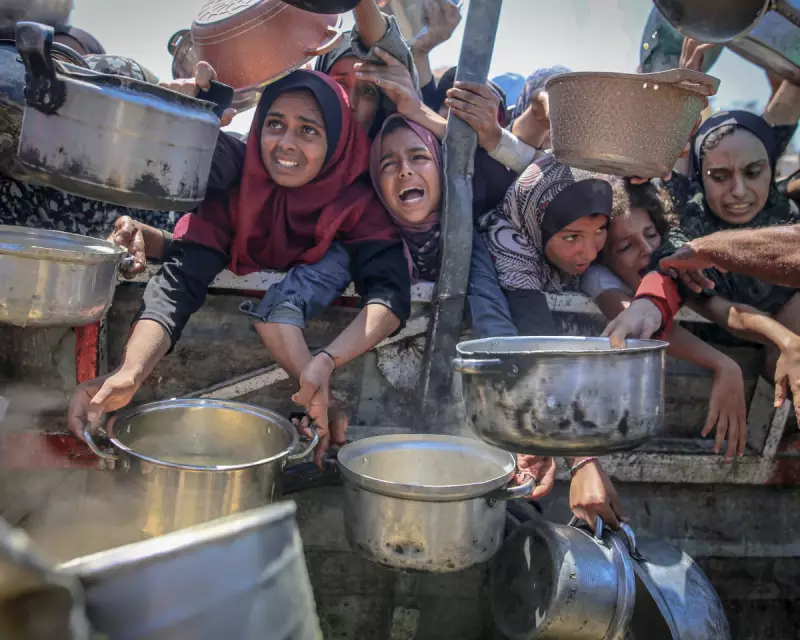
For years, the plight of Gaza's civilians facing severe food shortages and malnutrition has been conspicuously absent from mainstream Israeli media coverage. While international outlets and human rights organisations have repeatedly sounded the alarm about deteriorating conditions in the besieged territory, Israeli news platforms maintained what critics describe as a 'deafening silence'.
A Conspicuous Omission
Analysts note that until recently, major Israeli newspapers and broadcasters dedicated minimal attention to Gaza's humanitarian crisis, focusing instead on security concerns and political developments. This editorial approach created what some call an 'information blackout' regarding the daily struggles of ordinary Palestinians.
Signs of Change?
Recent months, however, have shown tentative signs of shifting coverage. Several prominent Israeli journalists have begun reporting on Gaza's food insecurity, with some even drawing connections to Israeli government policies. This emerging trend raises questions about whether media gatekeepers are finally acknowledging a story they long avoided.
The Human Cost
UN reports indicate that over 80% of Gaza's population now depends on food assistance, with child malnutrition rates reaching alarming levels. Medical professionals in the territory describe treating increasing numbers of wasting cases among infants and young children - conditions rarely seen in developed regions.
Why Now?
Media analysts suggest several factors might explain the potential shift:
- Mounting international pressure and documentation of the crisis
- Changing public opinion among some Israeli demographics
- The sheer scale of deprivation becoming impossible to ignore
- Internal debates within Israeli journalism about ethical responsibilities
Whether this represents a temporary deviation or a fundamental change in Israeli media priorities remains to be seen. What's clear is that for Gaza's starving population, the consequences of media silence have been literally life-threatening.





